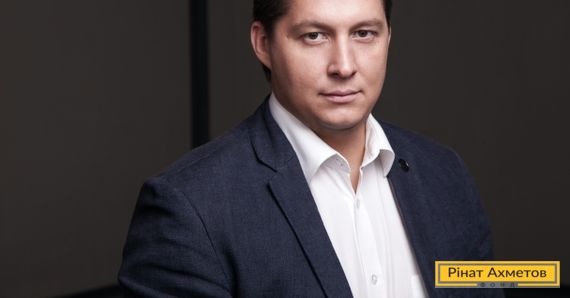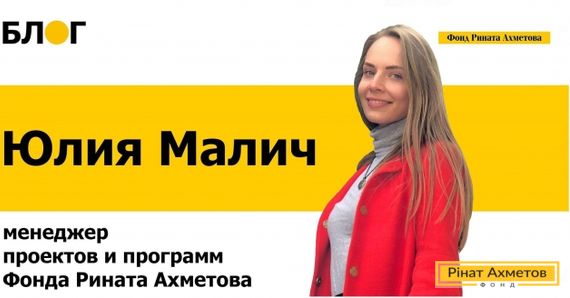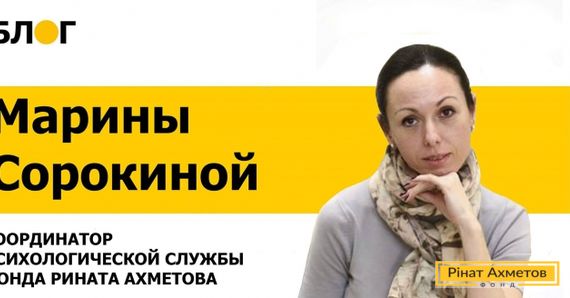The history of concerned hearts. BLOG by Oleksandr Vyshniakov, the director of Rinat Akhmetov Humanitarian Center

I am often asked what the brightest impression of the last three-odd years of my work for the humanitarian mission is... It is very difficult to determine the "brightness".
When you come under fire, you're scared, you risk your life and are responsible for the lives of those who are with you. After all, they are following you. It’s impressive.
Blind grannies and grandpas, walking on foot, escorted by their neighbours, to fixed distribution centers to get help. Or a child, seriously wounded during the shelling, got on his hind legs. It's bright, but it hurts.
It hurts to read in the eyes of the people we come to get assistance to. They still look at us with the same expression. I remember many war-affected children’s eyes. Children, whose common carefree childhood have been taken away. Children who are not left alone at home for their parents to be able to hide them in case of shelling. The looks of their eyes are heavy and unchildlike. I see them brightly and it hurts again. And it is scary, too.
In 2014, we were not fully aware of the scale of the disaster. As the winter approached, as more and more people came to the fixed distribution centers every day, we gradually began to be aware. The stream seemed to be endless. Many of those who came, horror-stricken, often on the verge of panic, had basically nothing to feed their families with.
It was very important to see and understand the need of people, to hear them, to talk to them. When you come to a frequently shelled village, where there is no water or electricity, you discover that the families cook their meals just on the wood fire. And you wonder what you can do to be useful in such conditions. We could not use the linear approach to everything, we had to be flexible under those unstable conditions. And we were. We had no experience of the kind, we had no cribs and tips. We learned everything ourselves. We chose one way of many options. Mistakes were not an option, because they could cost the lives of the people and of our volunteers.
Three years later, the Humanitarian Center became the largest humanitarian mission in the East of Ukraine. Rinat Akhmetov's help saved more than 1 million lives. We are transparent, systemic, open to dialogue and to sharing experience. This is a story of how one person can react to someone else's pain and misfortune. Just come and rescue. This is an example for others.
What made such a result possible?
The team that is 100% able to work and empathize. For them, the main value has always been the human life. The fact that one can be bereft of life in a present-day world, in a civilized country, and a child can die of hunger and shelling, is wild and scary.
The war exposed their hearts with the need to take care of people. Our volunteers witnessed death, starvation, destruction. Their work is a feat.
None of us set ourselves an aim of being successful and getting rewards. Each of us still wants to be useful. There was not a single instance when a volunteer would refuse his job, saying: ‘I will not go, they shoot there’. No one. I’m greatly thankful to everyone who has been with us since 2014, since day one of the Humanitarian Center work.
Our work is in 24/7 mode. This is incredibly difficult for thousands of staff and volunteers of the Center. But it’s also incredibly important. Each of us perfectly understand and is able to explain to himself why he runs a risk. You are open to all the circumstances. You understand your value for the people you help. This is extremely important for each of our team - we are sincere in our feelings.




